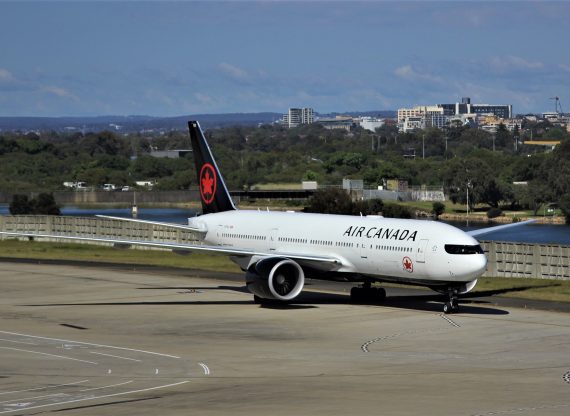Does Trudeau have something against the airline sector?

Throughout the pandemic, it’s been clear that the Trudeau government will not be known for its operating speed or its strategic thinking when it comes to crisis management and public policies.
Right from the start, Canada’s federal government was the odd one out in trying to reach an agreement with China to develop a new vaccine. This idea failed miserably, to the detriment of Canadians who are lagging in getting vaccinated and can only look on in envy at the effectiveness of the U.S. vaccine rollout.
For the past few months, it’s been the airline industry’s turn to suffer from the inaction of the government, which really seems intent on standing out internationally for its unique management style.
Inaction will be costly.
If our federal policy makers could get on a plane and travel freely to other G7 countries, while respecting health measures, they would realize that Canada is the only one of the bunch that hasn’t provided assistance specifically to its airline industry. In addition to the fact that this inaction leads to more job losses and falling revenue for Canadian airlines, it places our country at a competitive disadvantage.
Recently, Airbus, which directly or indirectly employs over 23,000 Canadians and gives a lot of work to the airline sector, judged that Ottawa was sending a very dangerous signal by not helping the industry. This giant maintained that Canadian airlines would have difficulty competing with their foreign rivals, which are all benefiting from government support during this unprecedented period of recession.
What needs to be understood is that, globally, airlines are expected to lose between $75 billion and $90 billion in 2021, despite vaccination efforts. Canada will not be spared and the financial hemorrhaging of 2020 may well continue if the government does not act quickly.
Already last year, Air Canada announced revenue losses of over $3.7 billion, and thousands of air sector workers lost their jobs.
Acting now to mitigate long-term effects
In order to allow the Canadian airline sector to pick itself up quickly and continue to compete with foreign airlines, the federal government should adopt a two-pronged approach.
First, a financial support agreement must absolutely be reached as quickly as possible. The families of sector workers have to be able to get their heads above water and return to the financial security they enjoyed before the pandemic. It must be a specific aid package, developed with the industry, workers, and sector experts. Especially knowing that our vaccine rollout is late compared to competitors, the government should stop imposing an artificial competitive disadvantage by not supporting the sector. Discussions are apparently underway in this regard.
In parallel, the federal government should allow travellers greater mobility and not create additional disincentives to travel. The rule forcing travellers to stay in a government-appointed hotel for days, at their own cost, should be eliminated immediately. Moreover, the other barriers to Canadians’ mobility should be re-evaluated quickly as more and more vulnerable people get vaccinated.
If the justification for helping almost all economic sectors is based on the fact that it is government health measures that have hobbled the economy — though some of them were certainly necessary — the airline sector should not be excluded from such help.
The Trudeau government should keep in mind the risk it is imposing on the airline industry and its workers by ignoring them. Unfortunately, if this inaction continues, short-term consequences will become permanent, which will be costly for all Canadians. It is high time to act.
Miguel Ouellette is Director of Operations and Economist at the MEI. The views reflected in this op-ed are his own.

